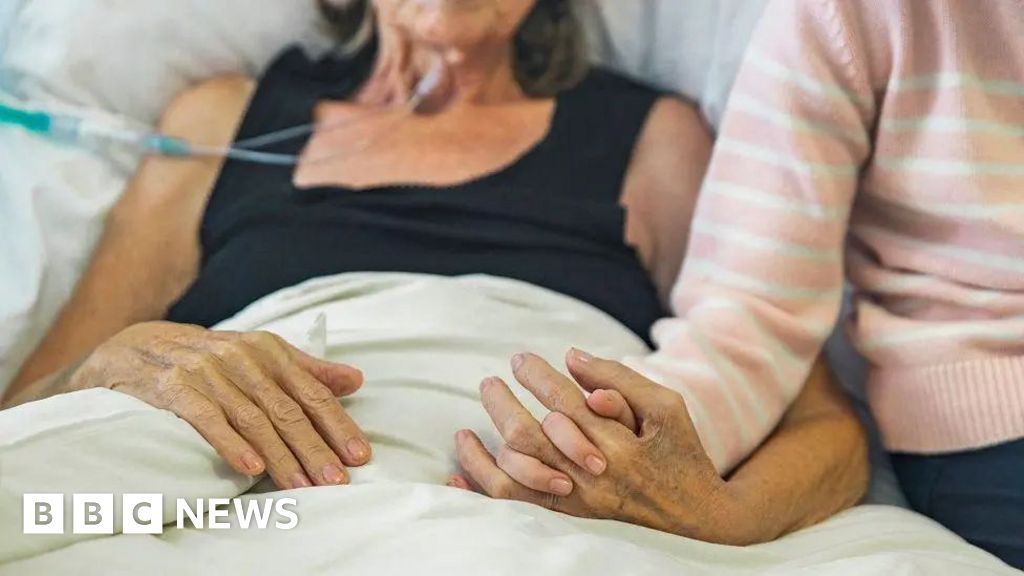Introduction to Assisted Dying Legislation
The MPs discussed a legislation for the legalization of assisted death in England and Wales for the first time since significant changes were made. The legislation passed the first stage of the Commons last November, but since then, dozens of changes have been added by both sides. A vote to adopt or reject the bill is not expected to take place until June.
Debate on Assisted Dying
The debate on the legislation comes as the government has made changes to its estimates on the consequences of assisted dying. The government reduced its upper estimate for the number of assisted deaths in the first year from 787 to 647. Several MPs who are against the bill have described the process as "chaotic".
Bill Details
The bill, which would enable some terminally ill adults in England and Wales to end their own lives, passed its first parliamentary hurdle with 330 votes to 275 in November. Since then, the bill has undergone six months of intensive examination by a parliamentary committee and several changes have been made. The draft law is in a reporting phase, where MPs will discuss and vote on various changes.
Changes to the Bill
The changes include removing the need for a High Court judge to sign every application for assisted death. Instead, an expert group, including a legal professional, psychiatrist, and social worker, would oversee the process. MPs will be able to vote on changes, including making sure that doctors do not discuss assisted death with patients under 18 unless certain conditions are met.
Opinions on the Bill
The issue has sparked strong opinions on both sides. Those in favor of assisted dying say that the mood has changed among MPs, but so far, only a handful have said they have changed their opinion since November. It would need dozens to block the bill. The government has published its long-awaited impact report on the legislation, which forecasts NHS savings between £919,000 and £10.3 million.
Concerns and Criticisms
However, officials have published a "correction notice" revising the upper estimate for the number of assisted deaths in the first year from 787 to 647. Labor MP Melanie Ward, who previously voted against the legislation, said the process is "chaotic". The independent peer Paralympian Baroness Tanni Gray-Thompson, who is in favor of the bill, said it is "very disappointing to see this process".
Support for the Bill
Sarah Pochin, the latest MP to support the bill, said she is "confident" that there are enough checks and balances to ensure that terminally ill people are protected. Broadcaster Dame Esther Rantzen, who has fought for assisted dying, accused opponents of allowing "unknown personal religious beliefs" to influence their views.
Medical Professionals’ Views
A BBC survey of 1,000 GPs found that 500 were against an assisted dying law, while 400 were in favor. The Royal College of Physicians said it is "neutral" on the bill but has concerns about the level of protection for vulnerable patients. The Royal College of Psychiatrists said it has "serious concerns" and cannot support the bill in its current form.
Conclusion
The debate on assisted dying is ongoing, with strong opinions on both sides. The bill is expected to go to a vote in June, and it remains to be seen whether it will pass. The government has made changes to its estimates, and medical professionals have expressed concerns about the bill. The issue is complex and contentious, and it is likely to continue to be a topic of debate in the coming weeks and months.

